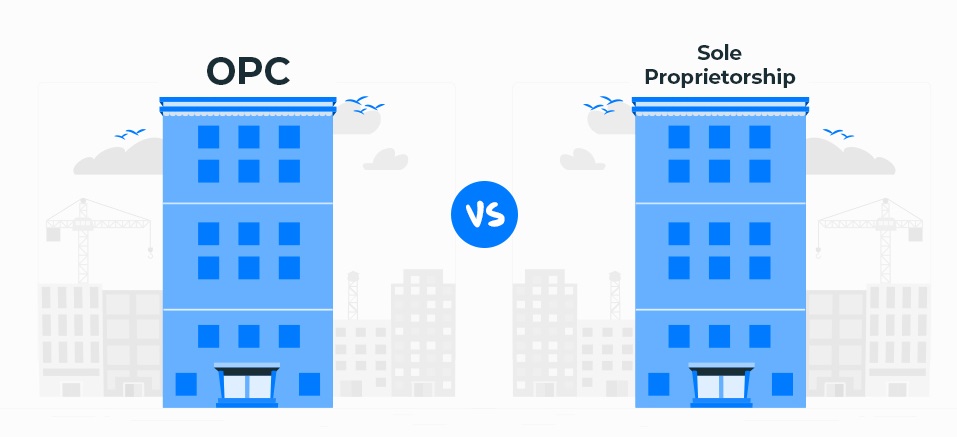OPC Ownership Structure
Introduction OPC Ownership Structure : The concept of One Person Company (OPC) was introduced in India through the Companies Act, 2013, to provide a structured framework for individual entrepreneurs to operate a corporate entity. OPC allows a single entrepreneur to establish a company with limited liability while enjoying the benefits of a corporate structure. This… Read More »









